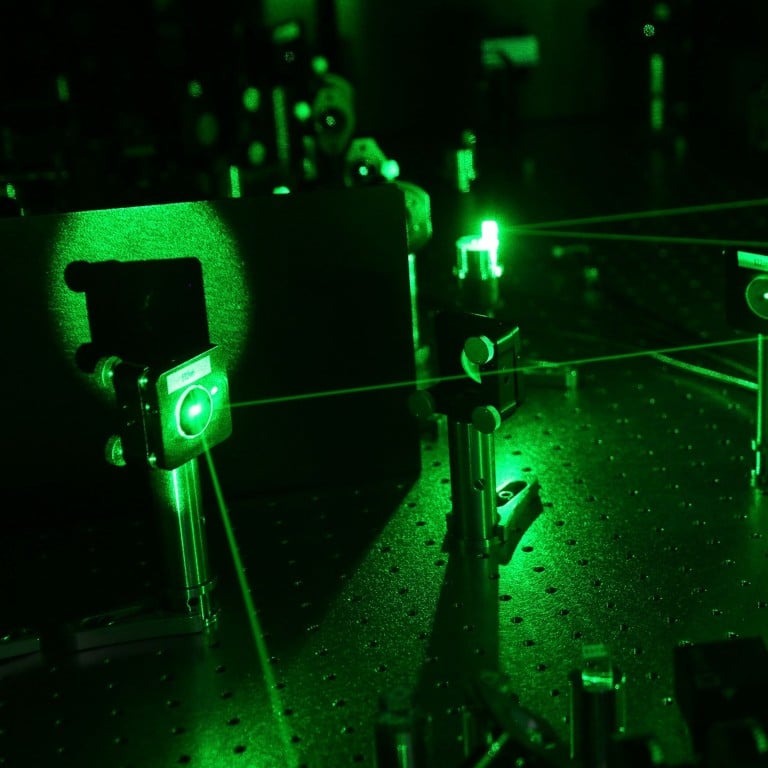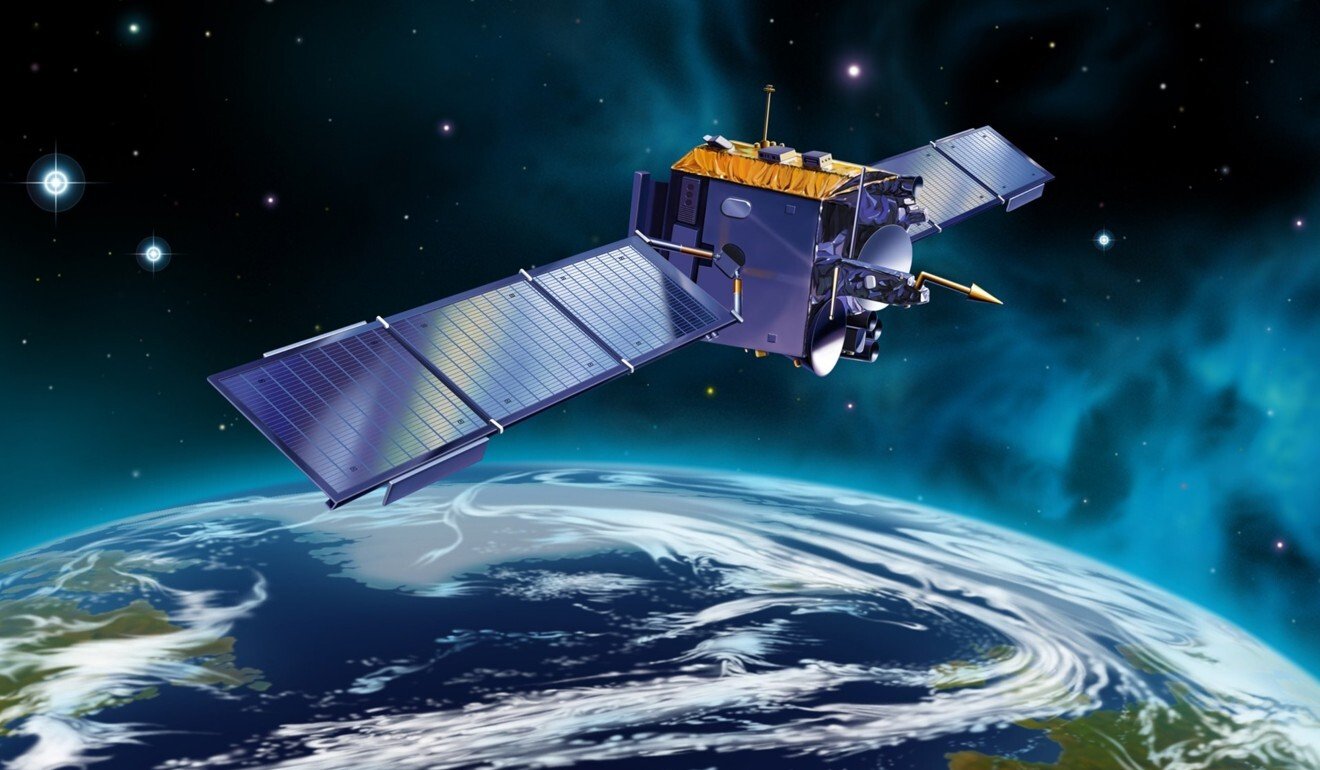
Explainer | How China hopes to win the quantum technology race
- The country’s plans to develop innovative new technology have long been shrouded in secrecy but now they form part of the national strategy
- Scientists hope to develop highly precise sensors, ultra-secure communications and superfast computers using the technology
China’s national quantum programme has been shrouded in secrecy until recently, when it was defined as part of the national strategy.
Britain, the European Union and the United States have all published plans in recent years to take a lead role in the global race on quantum science and technology.
China started work on a massive quantum research facility in Hefei in Anhui province three years ago, which has been designated as the headquarters of its national programme.
State media has reported the investment in the programme will reach 100 billion yuan (US$14.8 billion) by 2022, but no further information was disclosed to the public.
But earlier this month President Xi Jinping met some of the country’s top quantum physicists and told them that the programme was part of the national strategy as the world underwent “the biggest change in a century”.
He said quantum research would be “an advance-handed piece on the board” – a reference to the ancient Chinese game Go, in which a piece placed on a seemingly irrelevant area at the beginning of the game can help score victory at the end.
Chinese researchers report breakthrough on quantum internet technology
Quantum technology is one of the most complicated areas of physics exploring the behaviour of subatomic particles and has the potential to overturn the fundamental laws established by Newton and Einstein.
It relies on discoveries like the knowledge that two particles that are entangled will remain connected no matter how far apart they are, with changes in one affecting the behaviour of others.
In an article published in Science and Technology Daily soon after Xi’s speech, Pan Janwei, the father of China’s quantum satellite programme, said the county was trying to develop three disruptive technologies.
Quantum sensor
The first is a technology that will detect or measure physical disturbances with unprecedented sensitivity and precision.
Applications include airborne sensors that can reveal a submarine hiding hundreds of metres under the ocean, or guiding devices that can operate independently for months without a GPS signal.
Pan believes that China is currently lagging behind the US in this field.
Quantum computer

A calculation that may take a present-day high-performance computer thousands of years to solve – for example guessing a password – may take only a few seconds on a quantum computer.
Quantum internet
The third technology is one that will lead to ultra-secure communication that uses entangled particles to transmit messages.
In theory it should prevent eavesdropping because attempts to hack messages will cause changes in the particles that will alert the users.
Rise of China’s AI and quantum computing threatens US military tech: report
He said the goal of the Chinese programme is to “occupy the world commanding heights” on quantum science and technology by 2030.
The biggest difference between China and US quantum research efforts is that the American programme is funded mainly by private companies such as Google and IBM, while in China the government is the main source of investment.
But Pan believes that if major Chinese firms enter the game, they could tip the balance in China’s favour.

